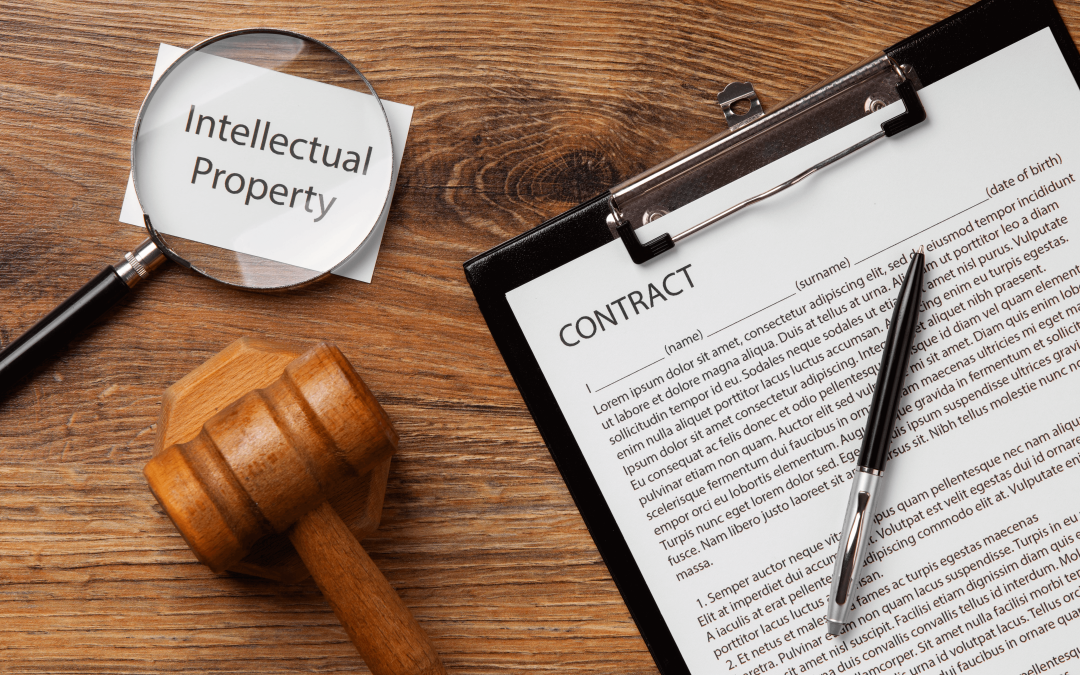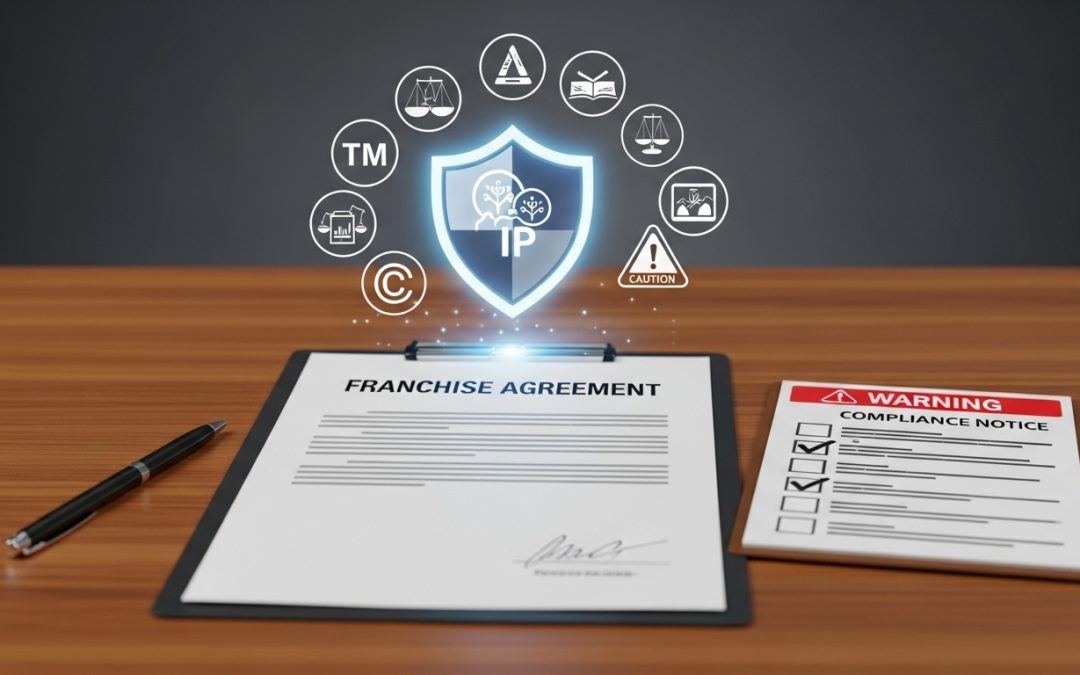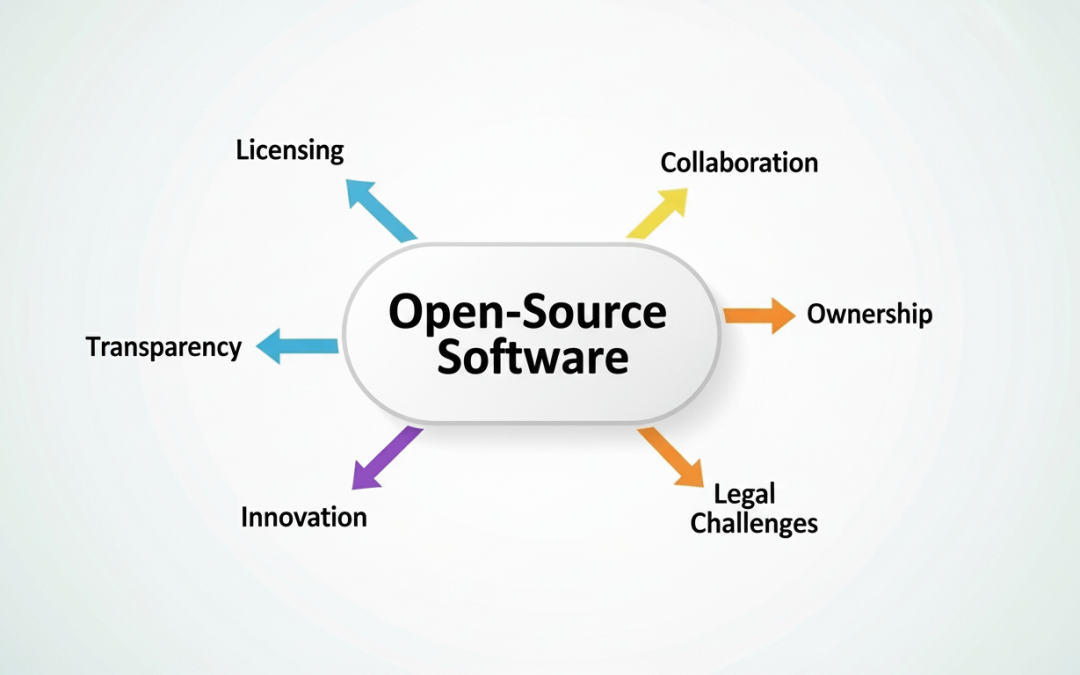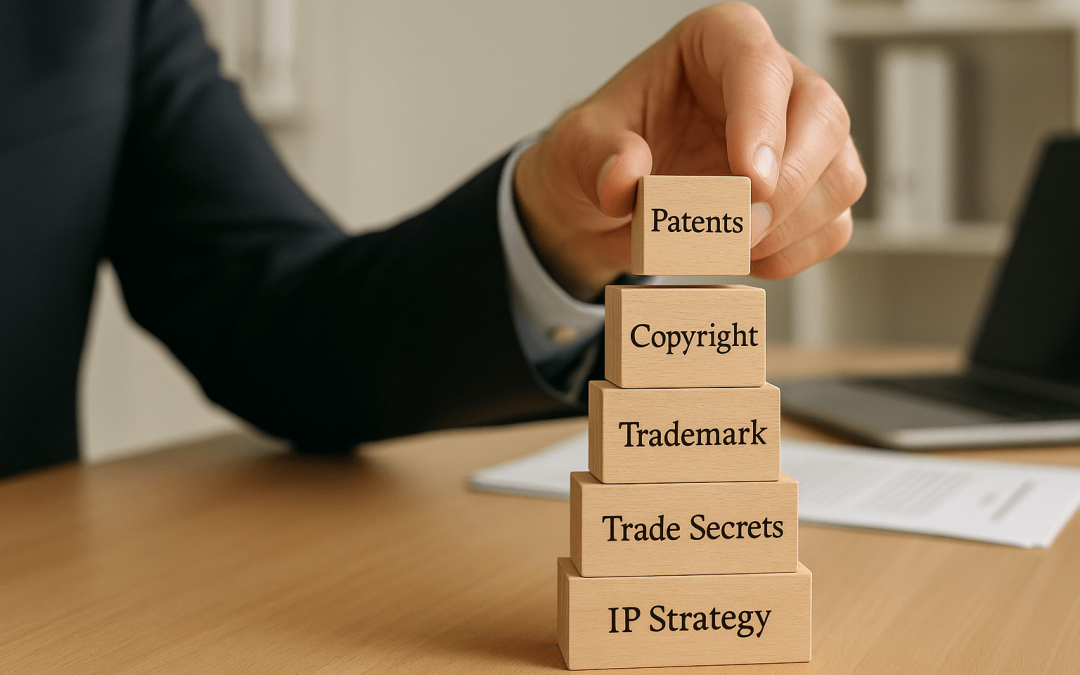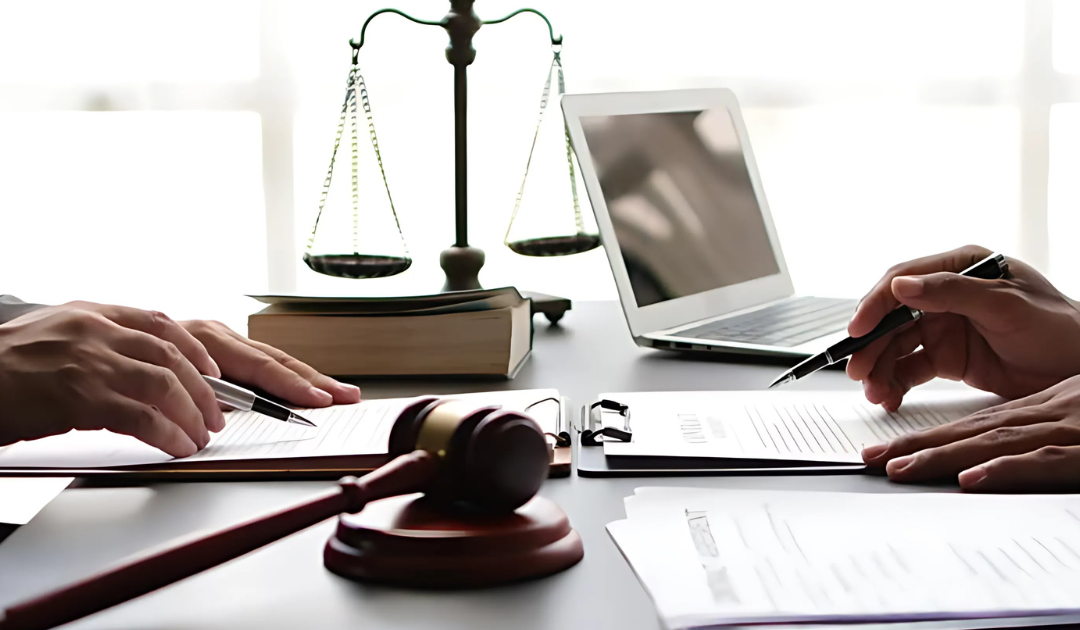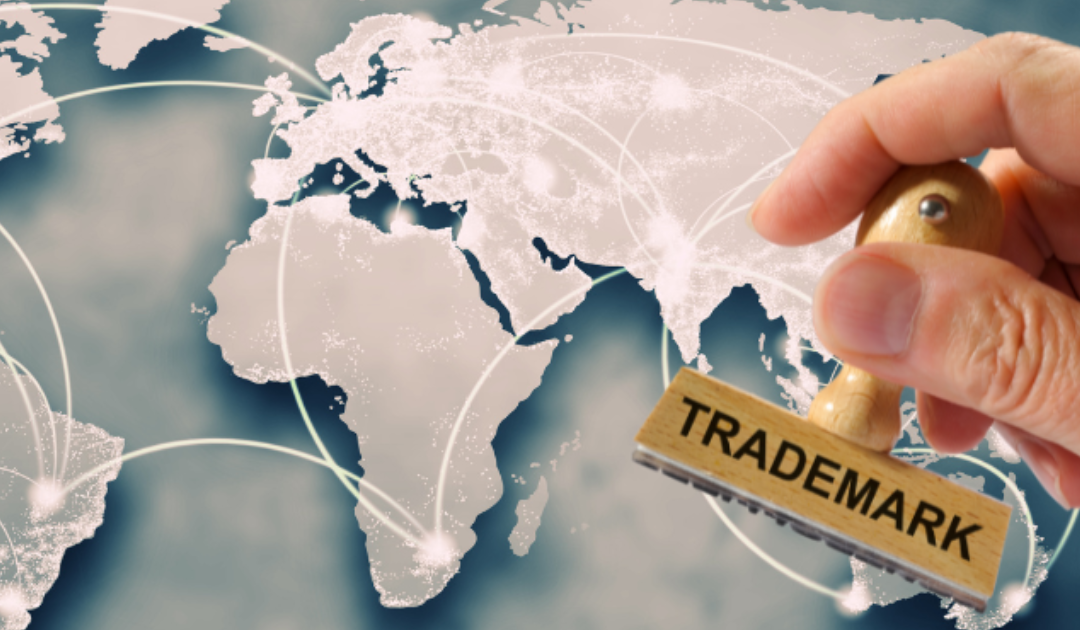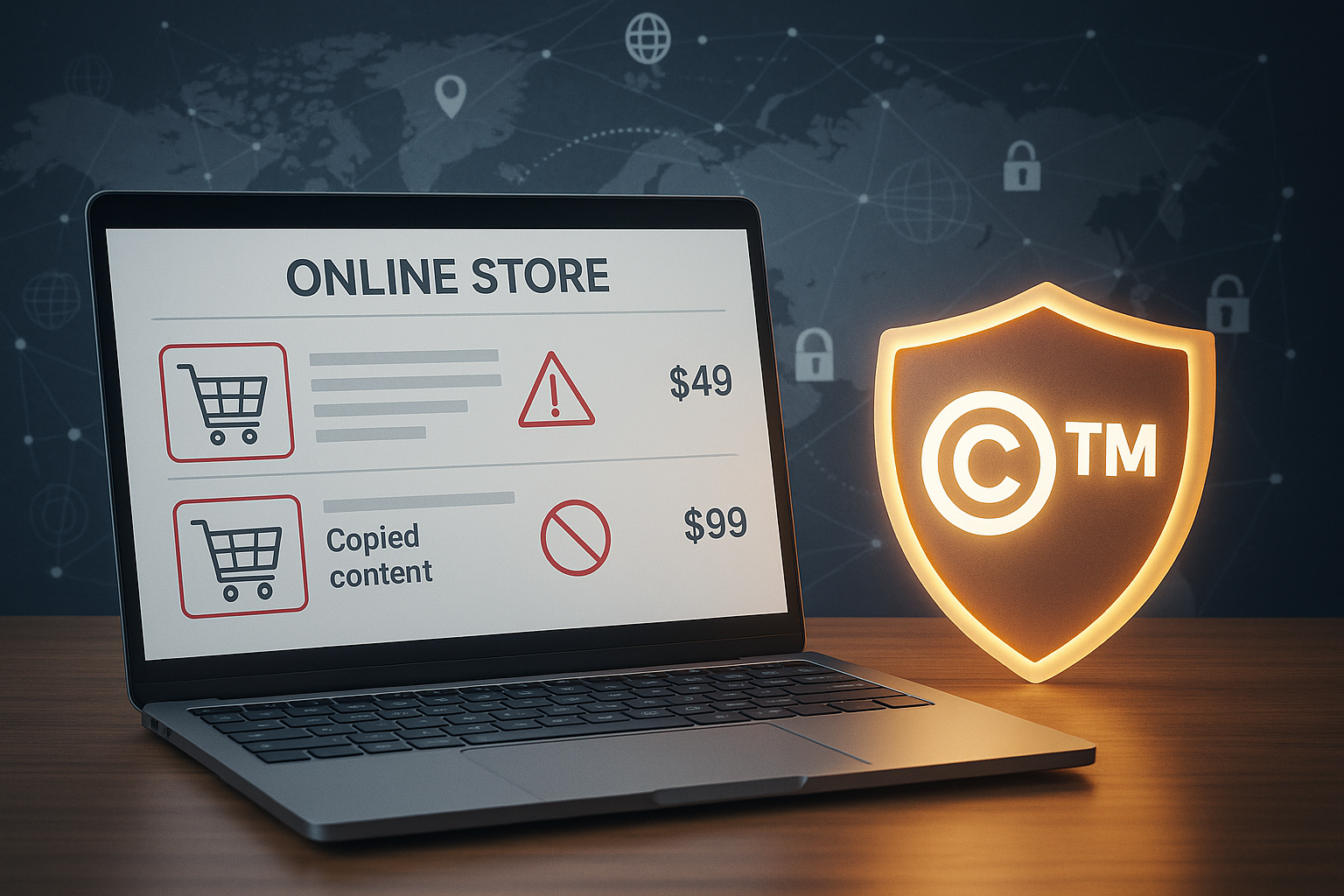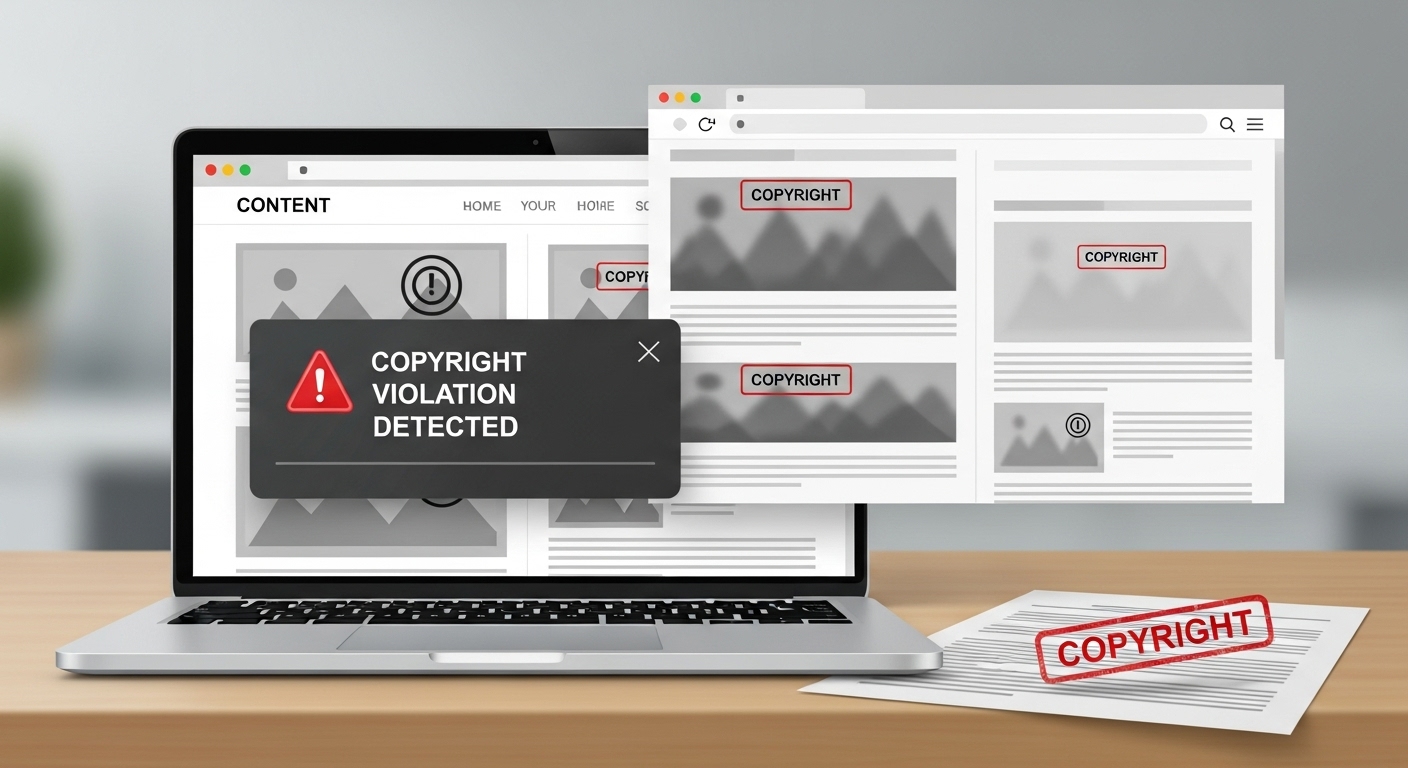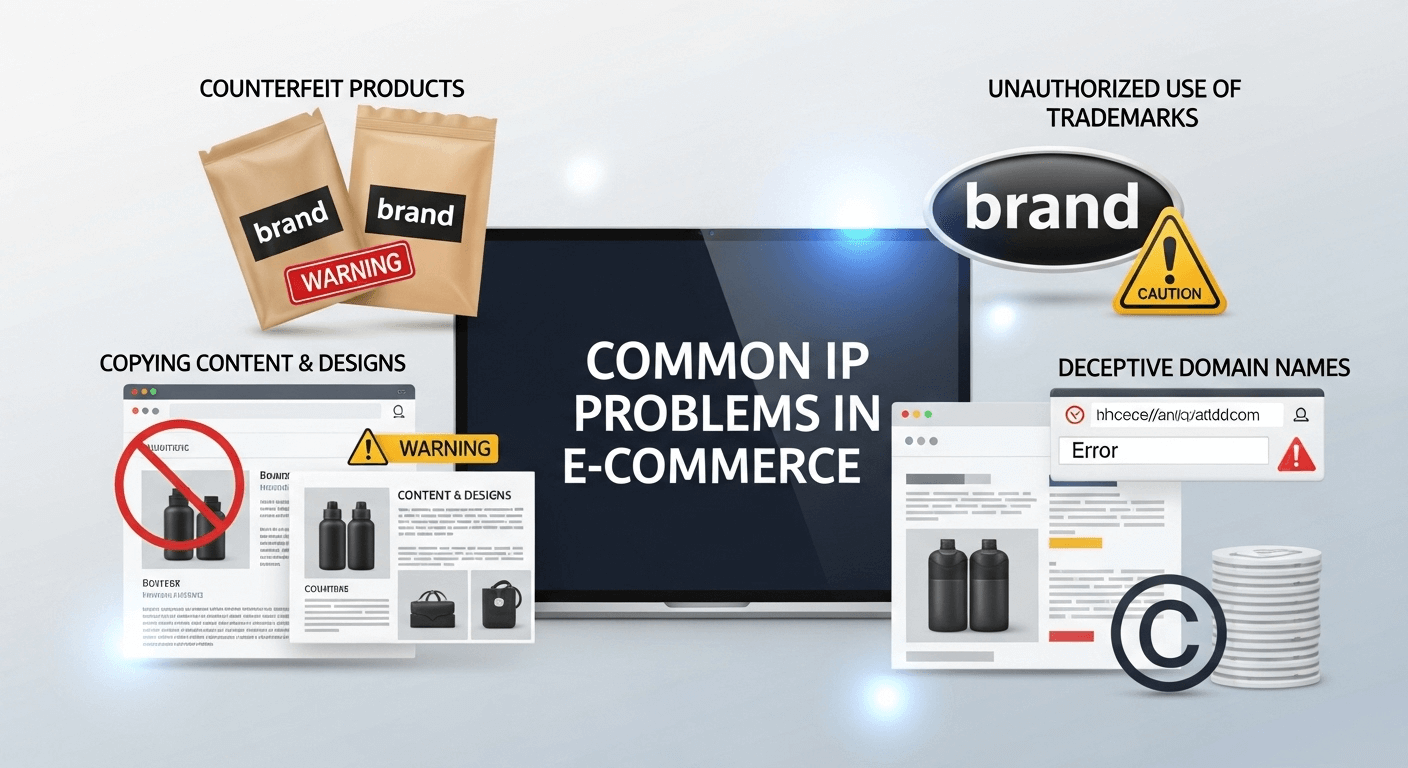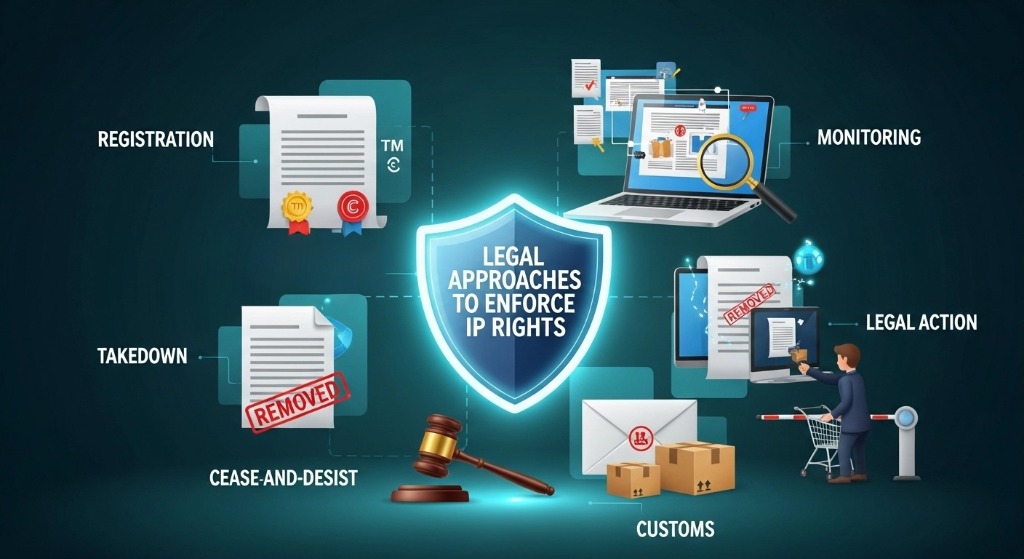Legal Approaches to Enforce IP Rights
IP protection in e-commerce includes preventive legal steps combined with continuous monitoring. Some of the important strategies are:
Register Copyrights and Trademarks
Registration adds strength to your legal case. For instance, a registered trademark makes it easier to remove infringing listings on platforms such as Amazon or eBay.
Monitor Online Platforms
Constant brand monitoring—either manual or automated—will help detect the fraudulent sellers or copied content before it gets viral.
Use Takedown Procedures
Most marketplaces and social platforms have a takedown procedure. A strong proof of copyright or trademark ownership usually impacts a speedy removal of material.
Send Cease-and-Desist Notices
Usually, a legal notice will stop violators instead of getting scorched in some long periods of litigation.
Escalate to Legal Action
If the infringements result in substantial impact, it’s time to proceed legally against the offender. Courts have the authority to award damages, injunctions, or destruction of counterfeit products.
Work with Customs
Registration of trademarks with customs can also prevent entry of counterfeit goods into the target market.
